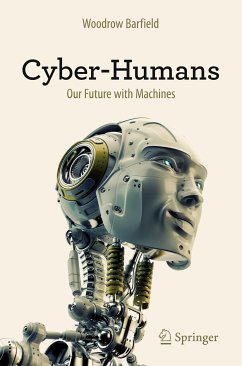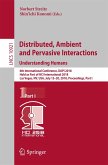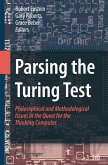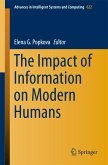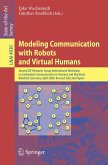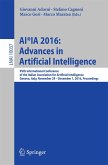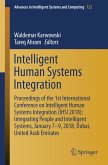Devices which were once worn on the body are now being implanted into the body, and as a result, a class of true cyborgs, who are displaying a range of skills beyond those of normal humans-beings, are being created. There are cyborgs which can see colour by hearing sound, others have the ability to detect magnetic fields, some are equipped with telephoto lenses to aid their vision or implanted computers to monitor their heart, and some use thought to communicate with a computer or to manipulate a robotic arm. This is not science-fiction, these are developments that are really happening now, and will continue to develop in the future. However, a range of legal questions hasarisen alongside this rise of artificial intelligence.
Cyber-Humans provides a deep and unique perspective on the technological future of humanity, and describes how law and policy will be particularly relevant in creating a fair and equal society and protecting the liberties of different life forms which will emerge in the 21st century.
Dr Woodrow (Woody) Barfield previously headed up the Sens
ory Engineering Laboratory, holding the position of Industrial and Systems Engineering Professor at the University of Washington. His research revolves around the design and use of wearable computers and augmented reality systems and holds both JD and LLM degrees in intellectual property law and policy. He has published over 350 articles and publications in the areas of computer science, engineering and law.He currently lives in Chapel Hill, NC, USA.
Dieser Download kann aus rechtlichen Gründen nur mit Rechnungsadresse in A, B, BG, CY, CZ, D, DK, EW, E, FIN, F, GR, HR, H, IRL, I, LT, L, LR, M, NL, PL, P, R, S, SLO, SK ausgeliefert werden.
"I have no definite dislike about the book. It is clearly structured, and the structure is adequate for the subject. The author clearly outlines his opinion, starts with a bold opening, and does not cause irritations by conflicting statements in different chapters. ... What I like about the book is the clear language, definition of major concepts, and conclusions at the end of each chapter." (Ahmet E. Çakir, Behaviour & Information Technology, March, 2016)
"If you are curious or concerned about the fate of our culture vis-a`-vis the impact of artificial intelligence, artificial brains, transhuman technology, and simulated humans, then Cyber-Humans: Our Future with Machines is a must-read book for you. The author does a superb job of providing a succinct overview of the momentum of development and adoption of cyber-human technology and the relevance to our future. ... Cyber-Humans is both succinct and comprehensive, with concepts, analysis, theories, examples, and detailed references." (Walter Greenleaf, Presence, Vol. 25 (2), 2016)

